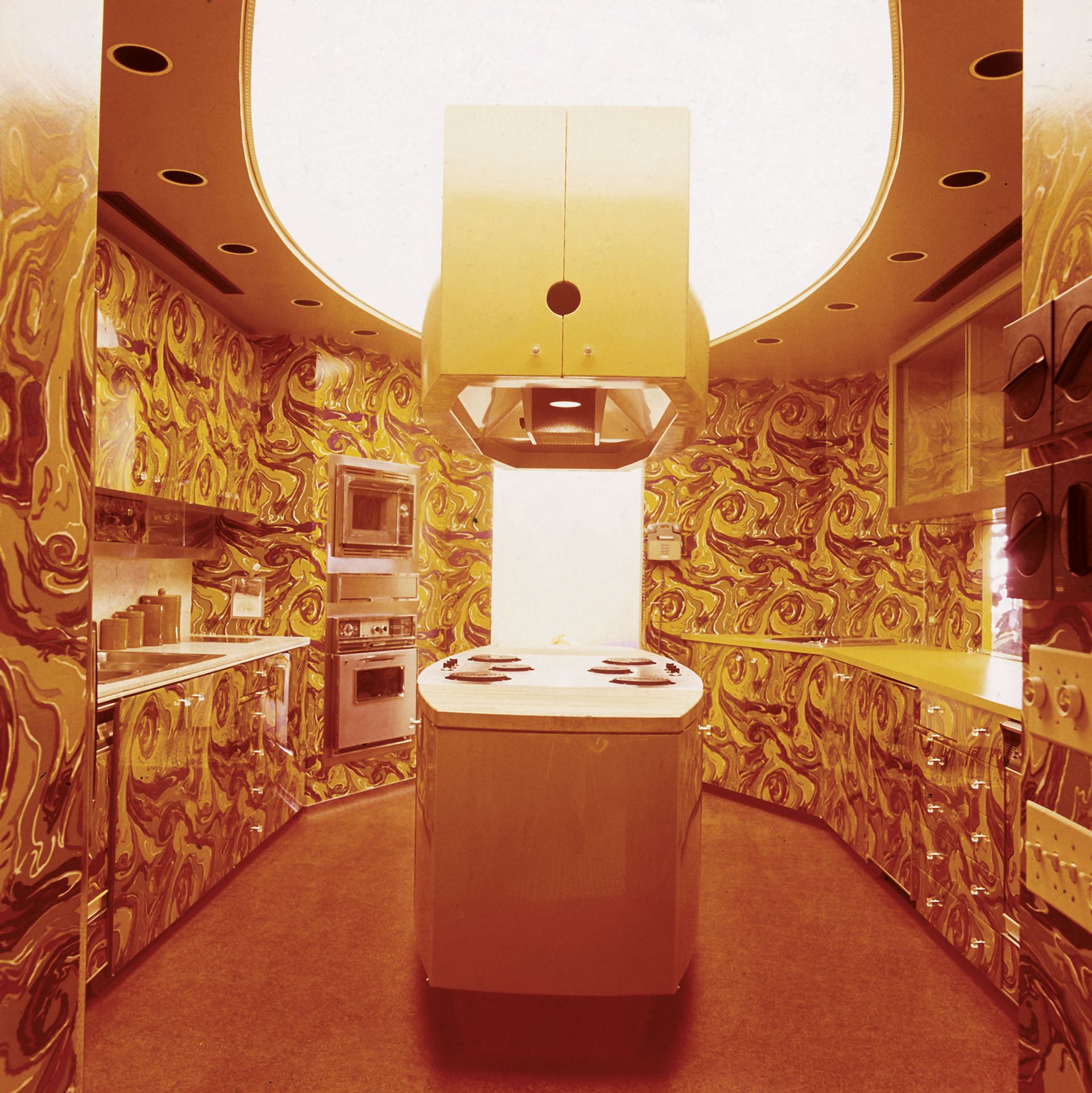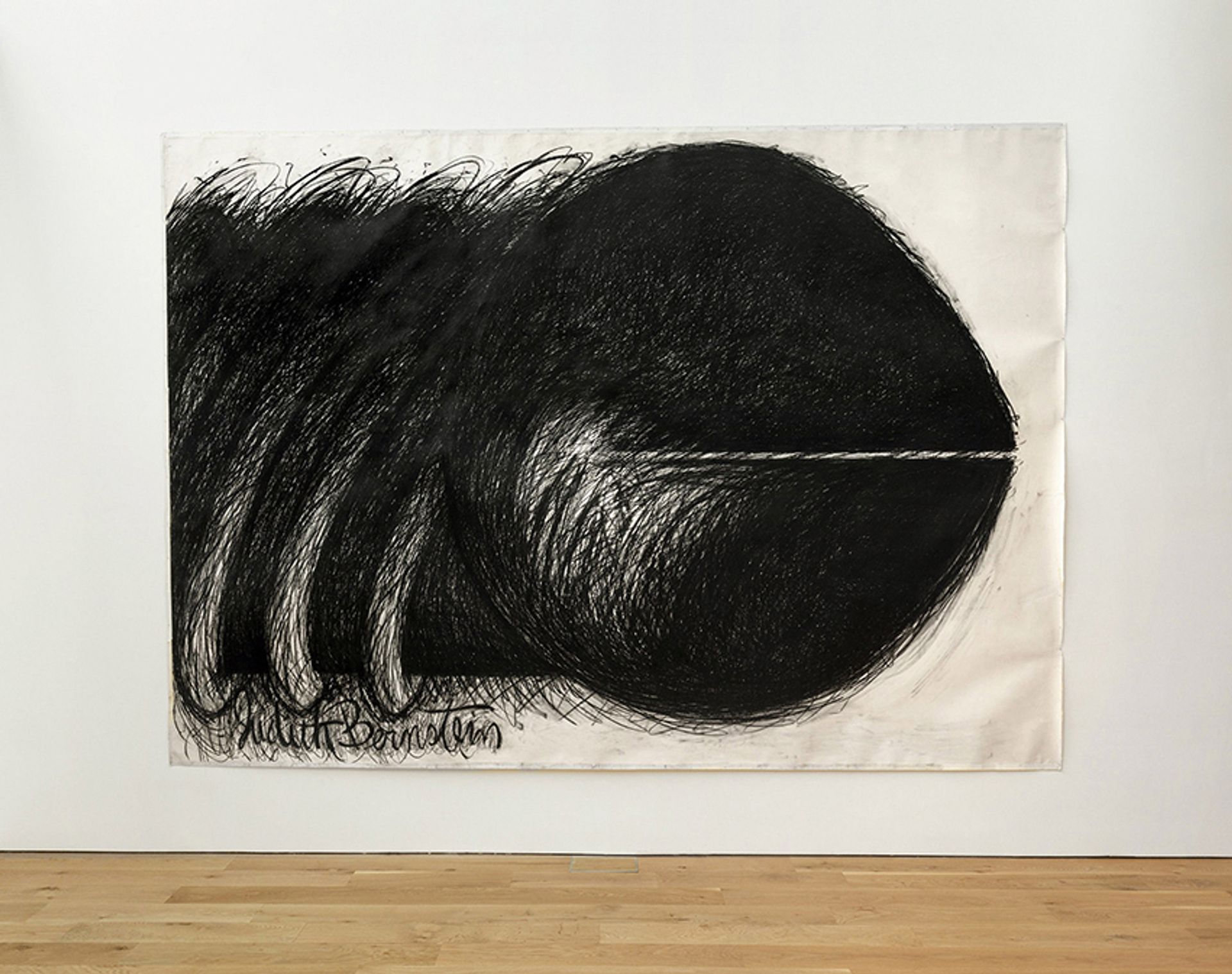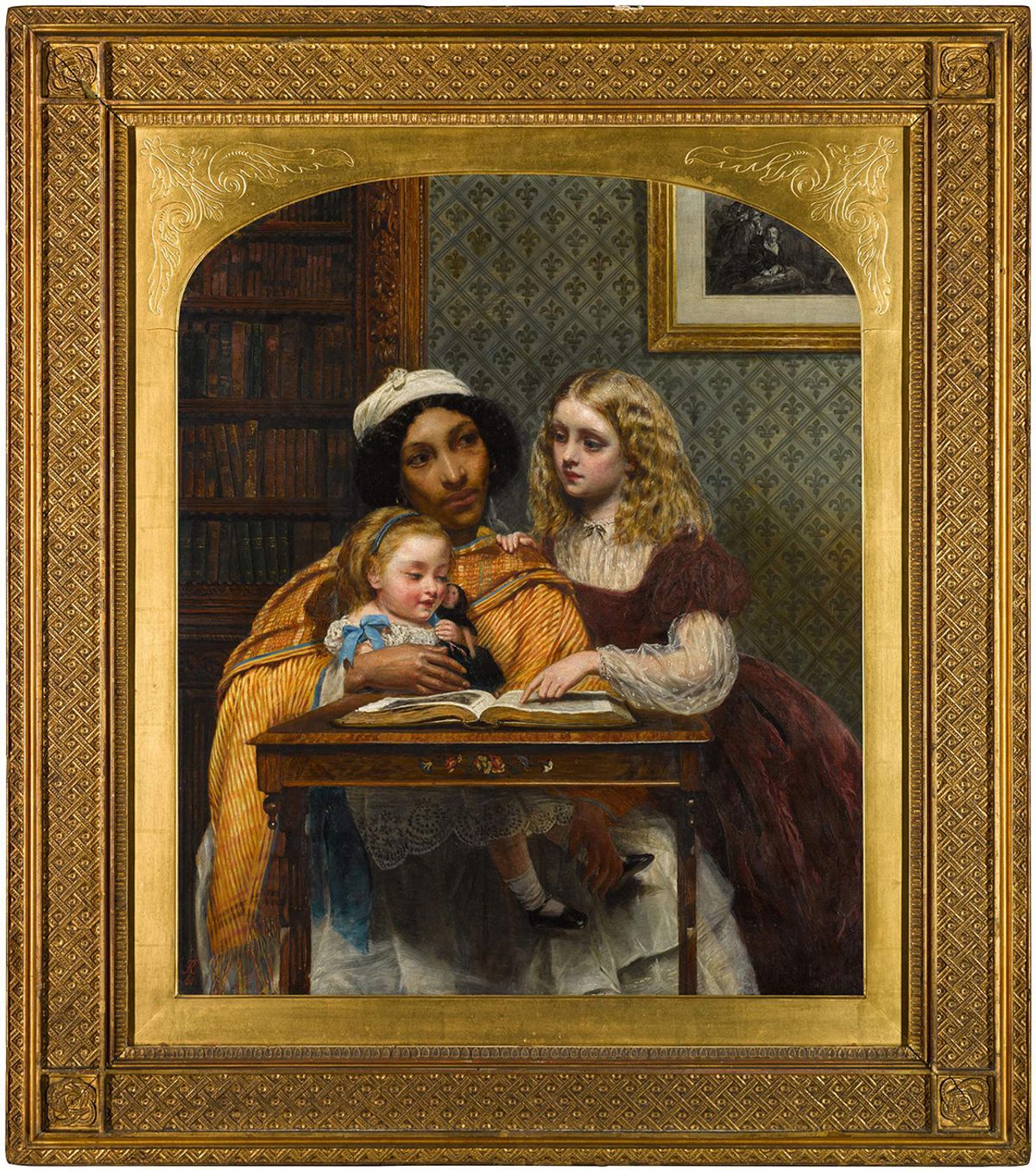Rebecca Solomon, A Young Teacher (1861)
Museum of the Home and Tate, London
Rebecca Solomon’s Pre-Raphaelite painting portrays Fanny Eaton, a Jamaican woman who became a popular artist’s model, as a nursemaid. It is implied that the “young teacher” of the work’s title is the girl in her care. A working-class woman of colour in 1861 “would probably not have had a formal education and Solomon seems to be aware of this and sympathetic to it”, according to the Museum of the Home. Solomon herself overcame barriers as a female Jewish artist, addressing inequality through her earlier work and campaigning. The painting was placed under a UK government export bar last year at the recommended price of £314,880, and it has now been jointly acquired by the Museum of the Home and Tate with support from the Nicholas Themans Trust, Art Fund, the Abbott Fund and the National Lottery Heritage Fund. The work will go on show at Tate Britain this summer before travelling to the Museum of the Home in late 2024.

Johnson Publishing Company Archive; Courtesy J. Paul Getty Trust and Smithsonian National Museum of African American History and Culture
Ebony Test Kitchen (1972)
National Museum of African American History and Culture, Washington, DC
The Smithsonian’s National Museum of African American History and Culture (NMAAHC) has acquired the psychedelic two-room test kitchen where the food editors of Ebony magazine once tried out recipes. Built in 1972 as part of the Johnson Publishing Co. building in Chicago, the kitchen was saved from demolition for $1 by the preservation non-profit Landmarks Illinois in 2018. The salvaged components were reassembled for a temporary show at the Museum of Food and Drink in New York last year. They have now been donated to the NMAAHC, which says it plans to reconstruct the kitchen following conservation. “The Ebony Test Kitchen is a living, breathing testament to the power of Black excellence and innovation in the culinary world,” Kevin Young, the museum’s director, said in a statement.

© Judith Bernstein
Judith Bernstein, Horizontal (1973)
Metropolitan Museum of Art, New York
Judith Bernstein’s 9ft by 12ft charcoal drawing of a phallic screw was censored from a 1974 exhibition in Philadelphia because it was deemed to lack “redeeming social value”, a term commonly applied to obscenity cases in the courts. Louise Bourgeois, Alice Neel, Clement Greenberg and Linda Nochlin were among the illustrious names who signed a petition in protest (to no avail). No stranger to controversy, Bernstein began making sexually explicit feminist art in the late 1960s and joined the group Fight Censorship together with peers including Bourgeois. She has called Horizonta (1973) “one of my absolute favourite drawings ever”. Fifty years after the work was made, the Metropolitan Museum of Art in New York has purchased it from Kasmin Gallery. “We look forward to displaying Horizontal in a future collection rotation in the Met’s Modern and Contemporary galleries,” a museum spokesperson says.


